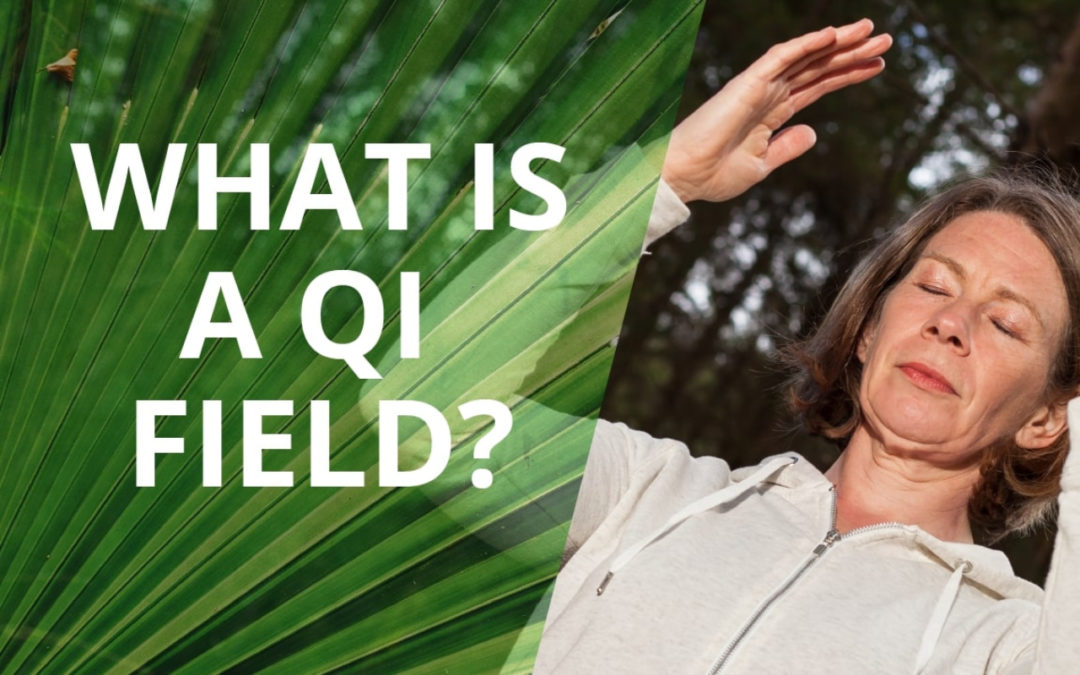Best Time To Practice Qigong Exercise
When practising Qigong exercise there are optimal conditions which make it easier for the Qi to flow smoothly throughout the body. The tips below explain the best time to practice Qigong exercise along with some other tips on the ideal conditions for your practice. The video below shows you an example of when NOT to practice Qigong! 🙂
Daily Practice
Do Qigong exercise every day – like brushing your teeth. If you do this regularly you can imprint a new order into your Qi. Don’t be too ambitious by thinking you should do 10 hours one day and none the next! This is not effective. A little each day is better. Then suddenly your energy will be freed up.
The Benefit of Practising in a Group
The Qi field in a room has a certain pattern (see the previous blog post: “What is a Qi Field“). This is very obvious if you have been practising Qigong for some time. In a group there can be profound changes in the Qi field during the day – group practice creates a stronger wave pattern.
At the beginning of the day the Qi has peaks and troughs but we are aiming for long, soft waves of Qi. This is perceived as a less disturbed atmosphere. Eventually you feel that you are resonating with the people around you and your surroundings. Once you feel this Qi field you can use it to enhance the potential in yourself. This is why, in China, Qigong is often done in groups. It is not that the Qi from everyone is added together; rather it is multiplied because of the synergy between the Qi fields of each person.
Swaying and Shaking Feelings
If you are standing for a while and not used to it you may feel shaking as a result of the strong movement of Qi. This is like water trying to get through a blocked pipe. Eventually the Qi will break through, like clearing out the dirty pipes. This sensation can come and go depending on the day. Do not be afraid of this. There is nothing wrong. If you tell yourself you don’t want to shake anymore then you can stop yourself. It only shows that a certain channel of Qi flow needs some help.
Timing of Practice
Wait for 1-1½ hours after eating to do moving Qigong exercise and 2-3 hours after eating for meditative Qigong exercise. Qigong is best done before breakfast.
Qigong is beneficial when practised at night. See how you react. Some people greatly benefit from night time practice once the stresses of the day are over. This may be a good time to align the Qi if you have problems sleeping. Some people become too awake from Qigong so night practice would not be the best for them.
Qigong exercises can be incorporated into daily life but as you start to reap the benefits you will want to put aside some time for “proper” practice in a calm environment.
Duration of Practice
At first 10 minutes seems a lot but after a while 30 minutes practice will feel like no time at all. Gradually build up your practice as your strength increases.
Place to Practice
Qigong exercise is best practised outdoors. It is OK if it is raining, as long are you are protected. Wear lots of layers as Qigong opens you up to exposure and can result in joint pain, back pain or catching a cold if you are not protected.
Wind is the worst thing for Qigong. A little wind is OK but never let it be behind you, always face it because the areas vulnerable to wind are on the back.
If you’d like to learn more Qigong breathing and meditation techniques then click on my website homepage. There you can download a free Qigong meditation which will calm your mind in only 8 minutes. Also you can sign up for a FREE three part Qigong video series.
Please don’t forget to subscribe to my YouTube channel by clicking here so you don’t miss my regular videos which are full of useful health enhancing tips. Also please give this video a “Like” if you found it informative.
I’d love to hear from you so please leave a comment below or head over to my free group on Facebook, “Space To Relax Free Group” and leave a comment for me there.


